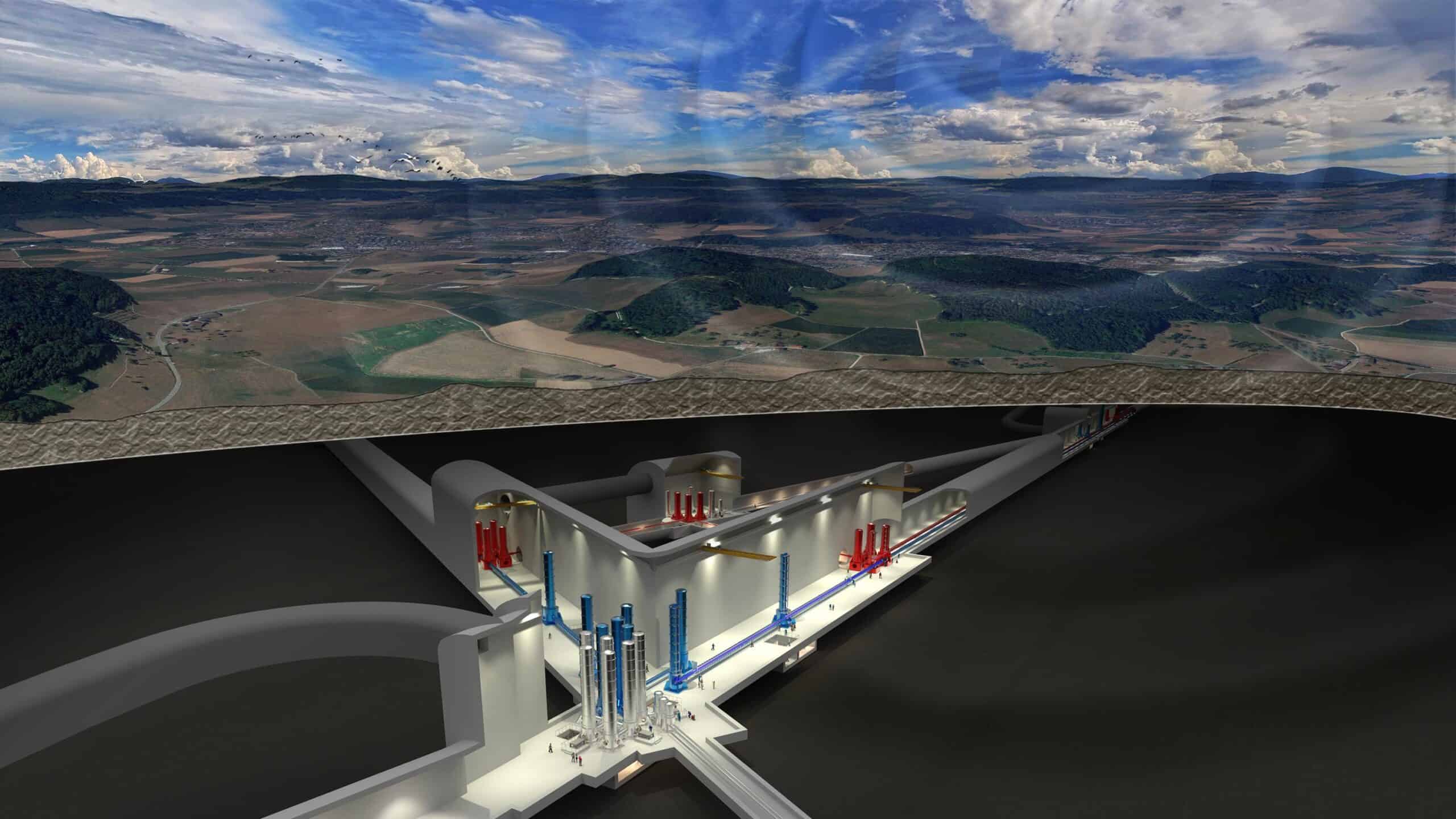
The world’s first electric polar exploration vehicle, called ‘Venturi Antarctica’, was assigned to a Belgian research station in December 2021 and has been upgraded for its second year of use with improved sprockets, ventilation system and power electronics cooling, Venturi writes in a press release.
This eco-friendly machine is designed to reduce the environmental impact of polar exploration and scientific study while allowing teams at the Belgian Princess Elisabeth Antarctica research station to carry out their work.
Zero-emissions research station
Between December 2021 and February 2022, the teams at the Belgian Princess Elisabeth Antarctica research station used the electric vehicle Venturi Antarctica to get around. At the end of 2022, with a new summer beginning in the southern hemisphere, the only zero emissions research station on the Antarctic continent welcomed a team from Venturi. The visitors made improvements to the first ever tracked electric vehicle to be driven on the white continent.

Replacing sprockets and upgraded ventilation
The first modification made to the Antarctica involved replacing the sprockets (the toothed wheels that drive the tracks), after it was observed last year that they were wearing out too quickly. The new sprockets are made of a hard-wearing steel alloy that is designed to last in extreme temperatures. Additionally, they are fitted with larger teeth to increase their grip and reduce wear.
The Venturi Antarctica was also equipped with a ventilation system and power electronics cooling system that ensures the electric components remain at optimal temperature even in extreme conditions. The improved cooling system allows for better performance, longer range and faster charging times.
The upgrades made to the Venturi Antarctica are part of an ongoing effort by Venturi and its partners to develop eco-friendly technologies for polar exploration and scientific study. The electric vehicle has already demonstrated its capabilities in extreme conditions, proving its potential as a viable alternative to traditional petrol-powered vehicles.










